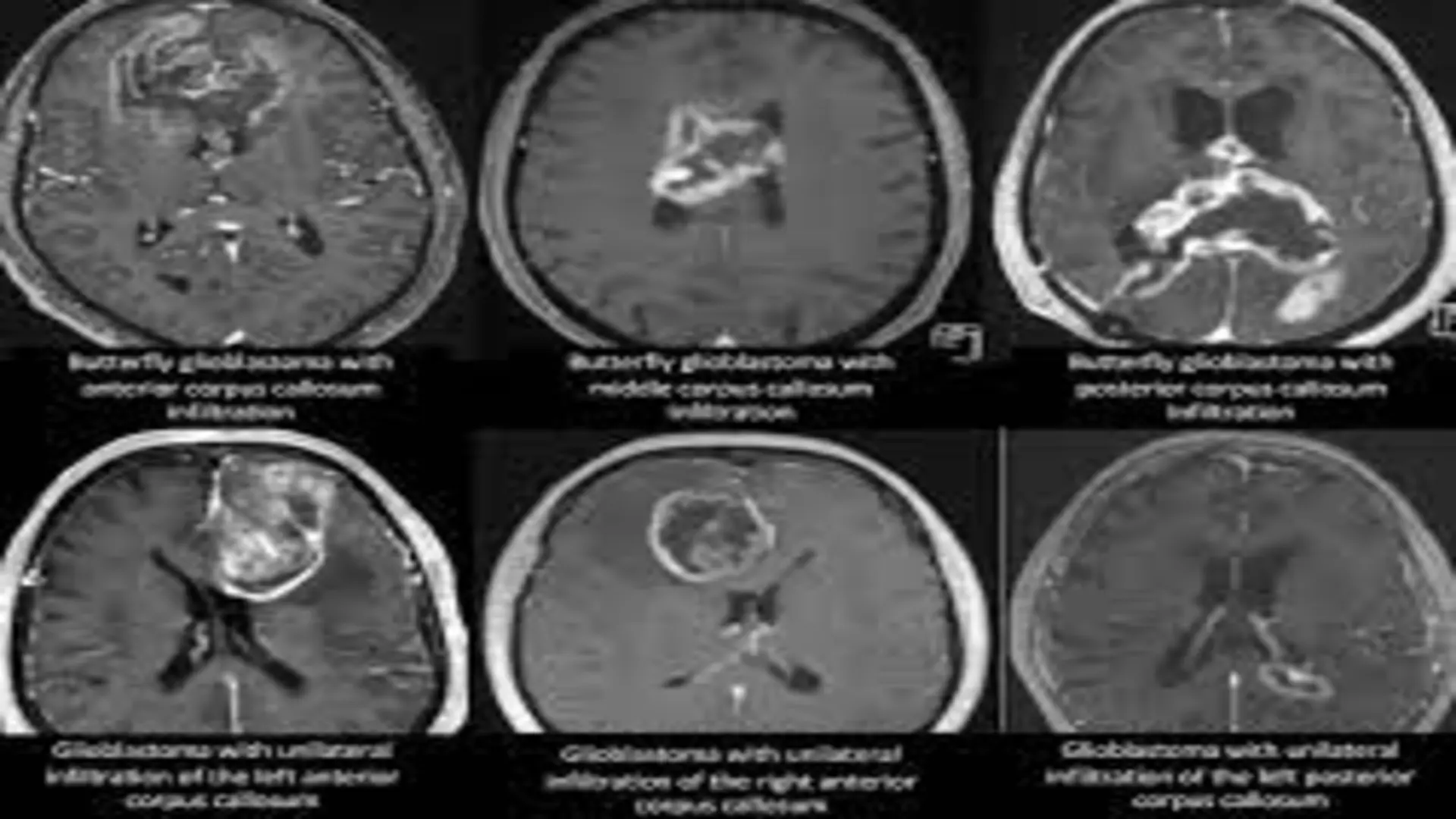Glioblastoma, one of the most aggressive forms of brain tumors, remains largely incurable. Despite the use of surgeries, radiation, and chemotherapy, half of all glioblastoma patients succumb within a year of diagnosis. A major challenge in treating these tumors is the difficulty in finding medications that can cross the blood-brain barrier, a natural defense mechanism that limits the entry of many cancer-fighting drugs into the brain.
Researchers, led by Professor Berend Snijder from ETH Zurich, have discovered a promising new use for vortioxetine, an antidepressant, which has shown effectiveness against glioblastoma in lab settings. Vortioxetine was identified using a groundbreaking screening platform known as pharmacoscopy, which allows scientists to test hundreds of drugs on living cancer cells. The study, which was published in Nature Medicine, involved testing around 130 different neuroactive drugs, including antidepressants, Parkinson’s medication, and antipsychotics, on tumor tissues from 40 glioblastoma patients.
The results were surprising: certain antidepressants, including vortioxetine, demonstrated significant efficacy in attacking cancer cells. The drugs triggered a signaling cascade essential for neuronal progenitor cells, which, in turn, suppressed the division of cancer cells. Vortioxetine emerged as the most effective of the antidepressants tested.
Further testing on mice with glioblastoma showed that vortioxetine, when combined with standard treatments, performed well. Encouraged by these results, researchers at ETH Zurich and the University Hospital Zurich are now preparing for two clinical trials. One trial will involve treating glioblastoma patients with vortioxetine alongside existing treatments, while the other will explore personalized drug combinations based on each patient’s tumor profile.
Professor Michael Weller, a coauthor of the study, highlighted the potential of vortioxetine due to its affordability and safety, as it is already an approved drug. However, both Weller and Snijder urge patients not to self-medicate, as the drug’s effectiveness in humans and appropriate dosage levels are still under investigation. Clinical trials are essential to determine whether vortioxetine can truly improve treatment outcomes for glioblastoma.
Also read: Breast cancer: The overlapping realities of physical and mental health
If successful, this would mark a significant breakthrough, offering hope for patients with this devastating disease.























